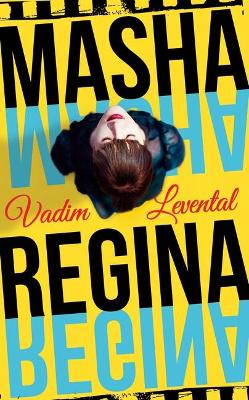Reviewed by gmcgregor on
I do love a good summary, though, so I'll take a crack at it. Masha is an artistically gifted teenager living in a small, decaying town in the Russian countryside. She doesn't necessarily know what she wants, but she knows she doesn't want to get stuck there like her parents, and when she's probably about 15 she manages to get her parents to send her to St. Petersburg to go to boarding school. On the train to the city, she meets Roma, another teenager who's heading back to his own studies in the city. He helps her get to her school and she falls a little bit in love with him, which she continues to be even as she has a long-term relationship with one of her teachers and he rejects her when she comes to see him. It's only later in their lives, after they've graduated and begun working towards careers in filmmaking (she as a director, he as a cinematographer) that they finally get together and become romantically as well as professionally involved. Their relationship is tempestuous, and Masha becomes pregnant with their child shortly before she leaves him for good, taking up with an older German actor while he romances a former school friend of hers.
Although it's Masha's story and she's a fascinating character to spend a couple hundred pages with, it's never quite clear what drives her. At the beginning it's a desire to escape the drudgery she's surrounded with, which she does both through art and eventual literal escape. And then it's a desire to stay escaped, working her way to catch up with school so she can stay in St. Petersburg, building a name for herself as a director. But once she's got a solid career, her artistic expression seems almost more like a compulsion than a drive or a passion. The cool shell she built herself to keep her propelling through her early life eventually traps her...she doesn't know how to deal with adversity besides creating a film and throwing herself into the making of it.
As I read, I found myself mostly focusing on the way fate seems to play a role in the construction of a life...Masha's life particularly, but all our lives, really. Masha's chance connection on the train with Roma as a teenager reverberates through her entire life. She gets into directing after accompanying a friend to an audition for an acting graduate program. The big things matter, of course, but the little coincidences of our lives can be even more meaningful, in the end. Masha Regina is beautifully written (maybe a little overwritten) and mostly pretty compelling, but the sum of its parts is more than the whole, somehow.
Reading updates
- Started reading
- 1 August, 2016: Finished reading
- 1 August, 2016: Reviewed
